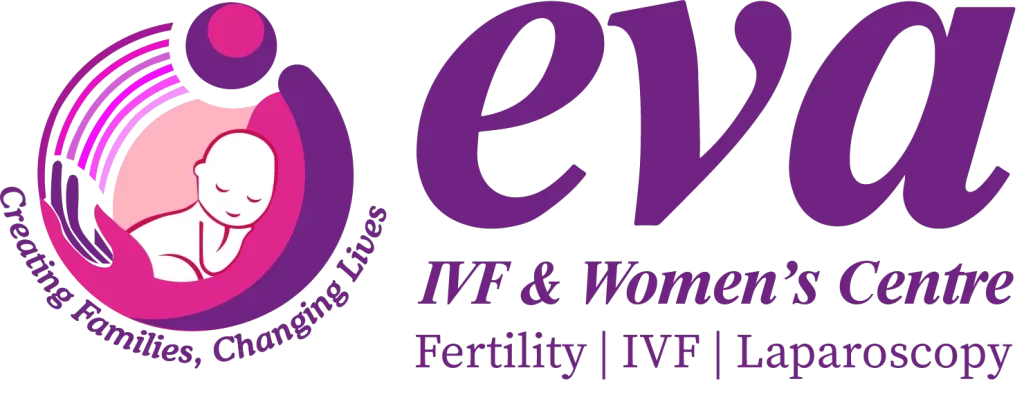IVF and HIV: Separating Myth from Reality
Precautions for HIV-Positive Couples Who Want to Pursue IVF:
If you’re an HIV-positive individual or part of an HIV-positive couple considering in vitro fertilisation (IVF), it’s essential to take specific precautions to minimise the risk of transmitting the virus to your partner and potential offspring. Here are some precautions to consider:
- Comprehensive HIV Testing and Counselling:
Both partners should undergo thorough HIV testing to confirm their HIV status, followed by counselling to understand the risks and discuss treatment options.
- Sperm Washing:
For male partners with HIV, sperm washing separates HIV-free sperm from seminal fluid, reducing the risk of transmission during IVF.
- Pre-exposure Prophylaxis (PrEP):
Antiretroviral medications like PrEP may be prescribed to the HIV-negative partner before and during IVF to further minimise transmission risk.
- Safe Handling and Storage of Gametes and Embryos:
Use dedicated equipment and containers for gametes and embryos to prevent cross-contamination and ensure proper identification.
- Preimplantation Genetic Testing (PGT):
PGT screens embryos for HIV before implantation, adding an extra layer of protection against transmission to the offspring.
- Consultation with Specialized Healthcare Providers:
Seek guidance from experts in reproductive endocrinology and infectious diseases to receive personalised recommendations and support.
- Open Communication:
Maintain open dialogue with healthcare providers about any concerns or changes in health status to ensure timely intervention and adjustments to the treatment plan.
Myths About HIV-Positive Couples and IVF:
There are several myths and misconceptions surrounding HIV-positive couples and IVF (in vitro fertilisation). Here are some common myths debunked:
- Myth:
HIV-positive couples cannot have biological children without transmitting the virus.
Fact:
With proper precautions, such as sperm washing and medication, the risk of transmitting HIV during IVF can be significantly reduced, allowing HIV-positive couples to have biological children safely.
- Myth:
IVF treatment is not safe for HIV-positive individuals or couples.
Fact:
IVF can be a safe and effective fertility treatment option for HIV-positive individuals or couples when managed by experienced healthcare providers following proper protocols and precautions.
- Myth:
HIV-positive individuals cannot use their own sperm or eggs in IVF.
Fact:
HIV-positive individuals can use their own sperm or eggs in IVF procedures, provided that they undergo sperm washing or other specialised techniques to reduce the risk of transmitting the virus.
- Myth:
HIV-positive individuals should not have children due to the risk of transmission.
Fact:
The decision to have children is personal and should be based on individual circumstances, preferences, and informed discussions with healthcare providers.
- Myth:
IVF clinics refuse to treat HIV-positive couples.
Fact:
Many IVF clinics are equipped and willing to treat HIV-positive couples, provided they follow appropriate safety protocols and work closely with infectious disease specialists to manage the risk of transmission effectively.
It’s essential to consult with healthcare providers who specialise in HIV and reproductive health to receive accurate information, guidance, and support tailored to your individual situation.
EVA’s IVF Services for HIV-Positive Couples:
Eva IVF & Women’s Centre has provided IVF to many HIV-positive couples. We have specific services for such couples. These include the following services:
- HIV-Safe Sperm Washing:
Eva IVF & Women’s Centre provides this specialised procedure that separates HIV-free sperm from seminal fluid, reducing the risk of HIV transmission to the female partner and potential offspring during IVF treatment.
- Preimplantation Genetic Testing (PGT):
Eva IVF & Women’s Centre offers preimplantation genetic testing (PGT) to screen embryos for HIV before implantation. This screening technology helps further minimise the risk of transmitting the virus to the offspring.
If you want IVF and have HIV, come to us, we are the best IVF clinic in Chennai for HIV patients. We have separate lab facilities for processing positive results samples.
